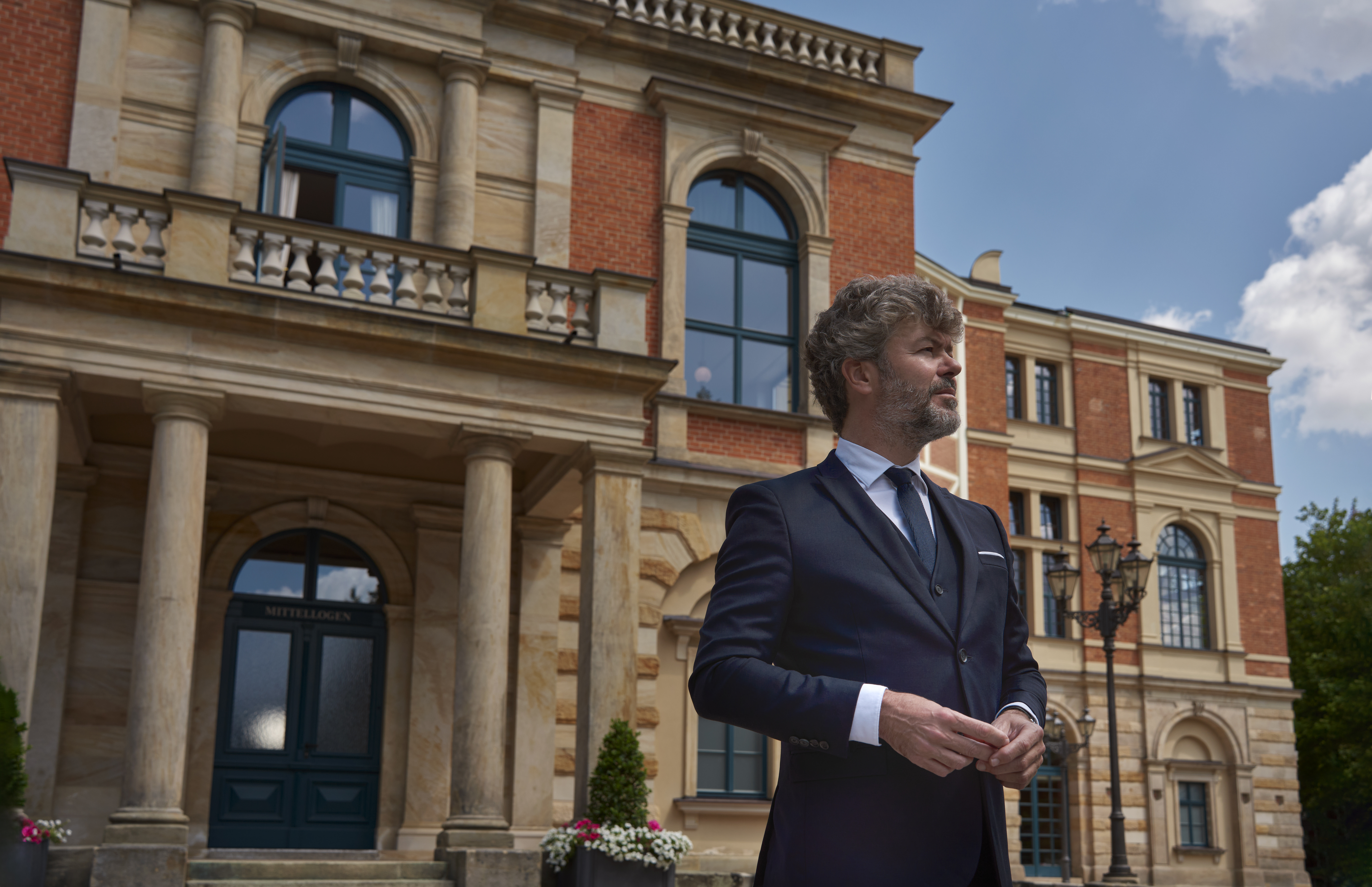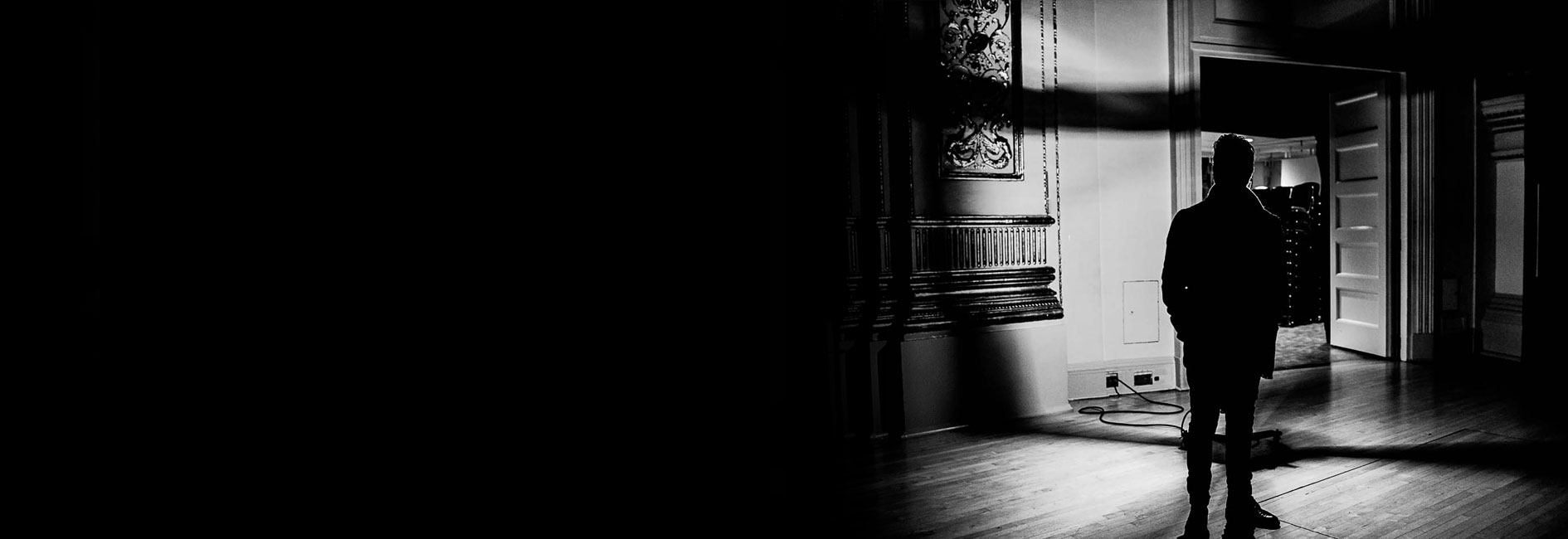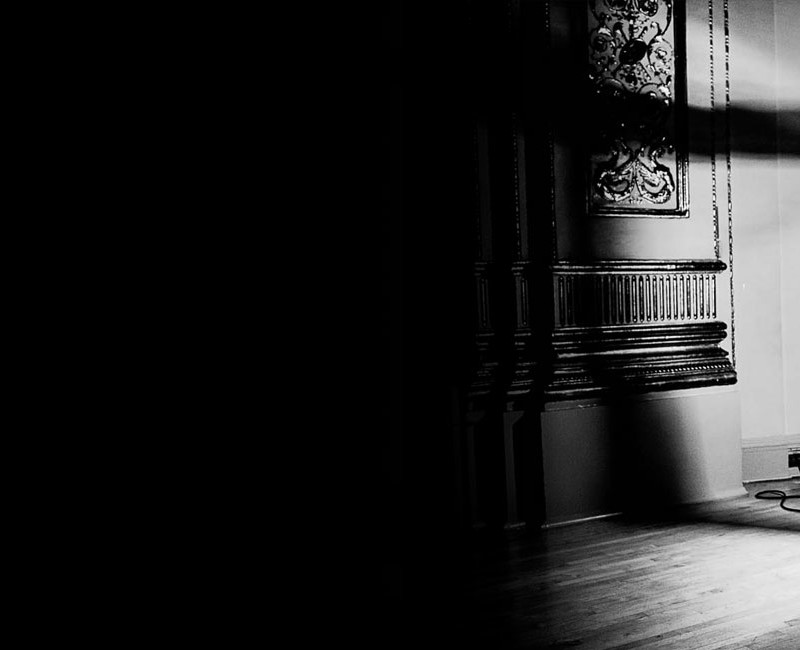
Triumphant debut by Pablo Heras-Casado
26 Jul 2023
TRIUMPHANT DEBUT BY PABLO HERAS-CASADO
Conductor Pablo Heras-Casado masters the difficult acoustics of the Festspielhaus right from his debut. What more famous conductors have failed at time and again, he succeeds at once: that orchestra, singers and even the fantastic choir really breathe together. It seems almost paradoxical: although Heras-Casado chooses fast tempi, the music never seems driven. For long stretches, this is fascinatingly slow, solemn music, which, however, flows as if through a natural inner gradient. Wagner’s refined sound mixtures are finely sounded out, the phrases speak – even in the orchestra, the climaxes lead to the goal. Who needs glasses?
This “Parsifal” is the best Bayreuth has had to offer in a long time. And the debutant on the Grüner Hügel played a major role in this. Pablo Heras-Casado, recently so artistically successful with the Freiburg Baroque Orchestra, conducts a coherent “Parsifal” with a sound close to Impressionism à la Debussy. The filigree and delicacy of the wind players is fantastic. The so-called Dresden Amen in the prelude – after a huge general pause – is intoned by the Spaniard with the gentlest piano. And the excellently disposed Festival Orchestra has fun with Heras-Casado’s instructions. When he increases the tempo, as in the “Unveil the Grail” in the third act, it has a tremendous drive, but it is never inconsistent. Notabene: Is the fact that this “Parsifal” is one of the shortest in the history of the Bayreuth Festival consciously noticed? Hardly.
[…] Not least for the vocal soloists, Heras-Casado’s tonally differentiated, at times introverted approach is a feast. Key words: text comprehensibility and effortless blossoming of the vocal lines.
Conductor Pablo Heras-Casado makes a sensational Bayreuth debut in the treacherous Festspielhausgraben: without the usual balance problems, he succeeds in creating a light, almost moussing Wagnerian sound, wonderfully transparent with audible middle voices and the finest colour gradients, the tempi are fluid but never hasty, the dreaded choral clusters – the Festspielchor is magnificent as always – perfectly interlocked. Heras-Casado finds his own Wagnerian tone, freed from the burden of pathos and the heaviness of sound, yet dramatically pointed.
Musically, however, this “Parsifal” is a winner: because Wagner’s last stage work is perfectly tailored to the acoustics of the Festspielhaus with its sunken orchestra pit, and Hügel debutant Pablo Heras-Casada finely focuses on the symphonic qualities of the work and the Festival Orchestra. The woodwinds – a dream! The Festival Choir – convincing as always, but rarely has it sounded so dynamically differentiated. Heras-Casado shapes the music in a constant flow from a rather restrained basic attitude, only to accentuate it all the more effectively in a musico-dramatic way.
Pablo Heras-Casado made his debut in the legendary Bayreuth Graben. The conductor, who is also trained in historical performance practice, delivered a transparent, fluid, intelligently phrased and always audible interpretation of the score. He needed about 4 hours for the performance, a medium tempo, far from Pierre Boulez’ 3h 38min and just as far from Arturo Toscanini’s 4h 38min. Nevertheless, his pace was not leisurely, but filled with inner tension and creative will when he made the superimposed layers of music audible in the unveiling of the Grail in the first movement, this nervous tremolo in the strings, for example, or generally accompanied the singers in a style of music-making that was certainly reminiscent of the flexibility of the recitar cantando of early baroque opera.
Pablo Heras-Casado conducts the eleventh production since the premiere in 1882, and if any proof were needed that attributes like “passionate” or “fiery” are just stupid clichés for Spaniards, this evening would have provided it: Balanced and circumspect in the very best sense, despite a rapid tempo, completely in tune with itself and highly inspired, virtually exuding breadth, yes: cosmic and thus very well suited to the music of the Grail, what emerges from the pit is a fantastic Parsifal conducting. And a great fortune, because it at least partially compensates for what the scene on the open stage owes.
Katharina Wagner was enthusiastic about the Spanish conductor Pablo Heras-Casado after the dress rehearsal, and the premiere confirmed her positive impression. The bar is set high, as “Parsifal” is the only musical drama that Richard Wagner composed especially for his Festspielhaus. The mystical mixed sound was important to him, and Heras-Casado, a Bayreuth newcomer, achieved it masterfully over the course of two hours. The tempo was also right; it was by no means as “dragging” and ceremonial as is occasionally heard elsewhere and as Wagner himself detested. All in all, a hopeful start to this year’s season on the Grüner Hügel.
Phenomenal was the orchestral performance under the baton of Pablo Heras-Casado, who was relatively brisk, but brought lines to the ear that even the most knowledgeable ear had never noticed before. For this, he rightly received thunderous applause […] The conclusion is a musically excellent performance with a 3rd act like from another star – you will get used to the staging.
Luzerner Zeitung/ St. Galler Tagblatt
The key question in Richard Wagner’s “Parsifal” is how time can become space. A squaring of the circle that conductor Pablo Heras-Casado translates into pure music in his Bayreuth Festival debut. He creates a completely new sound aesthetic in Bayreuth’s acoustically unique but difficult-to-handle “mystical abyss”. A musical star hour. The Spanish conductor knows how to shape tempo (and slowness!) not only through beat, but also through timbre: light, penetrating, crystal clear and floating. An exciting alternative to the much-missed Christian Thielemann on the “Grüner Hügel”: no pomposity, only a little overwhelming mysticism, but an inhuman amount of musical humanity. Many things sound surprising, but when you look at the score afterwards, it’s all Wagner.
Neue Osnabrücker Zeitung
Pablo Heras-Casado makes his debut at Grüner Hügel with this production. Trained in historical performance practice, the conductor illuminates Wagner’s last opera score in depth, follows its sense of sound, its internal tension, its energy and creates an emotionality rarely experienced. At the same time, he has all the tonal components securely in hand; there are no wobbles, no blurs, no ambiguities on this evening. This “Parsifal” is one of the fastest in Bayreuth history, and yet the conducting radiates an unbelievable calm, in short: what Pablo Heras-Casado creates here is epochal. […] A musical magic moment […] Heras-Casado combines all of this to create an actual, coherent and gripping narrative of magical moments – when Kundry tries to seduce Parsifal, it burns much hotter on the musical level than on the stage or in the extended reality. And redemption is granted to the world above all musically.
Münchner Merkur
Conductor Pablo Heras-Casado is quick on his feet, but often unsteady. One hears detail work, rhythmic profile, but up to the second act too little depth of content.
Hamburger Abendblatt
The most outstanding salvation of this production and the solid, supple foundation of the ensemble’s performance was, however, the almost sensationally empathetic conducting of Pablo Heras-Casado. The fact that Heras-Casado, like Thomas Hengelbrock a few years ago for a “Tannhäuser”, was brought to the hill as a historically informed head, could be heard in the musical result from the sensitively glowing prelude onwards. Time becomes space here, Wagner proclaims at a central point in “Parsifal”. Heras-Casado succeeded not only in this, but also in the amazing feat of giving his tempi, which were in themselves swift, all the time in the world to spread out and blossom.
Dpa
Pablo Heras-Casado was also widely acclaimed for his relatively brisk conducting – unlike the directing team around Jay Scheib.
Die Welt
This music composed for precisely this still magical place by the old tone-poisoner Richard sounds quietly and beguilingly attractive not only under the precisely advancing hillside debutant Pablo Heras-Casado.
[…] Much enthusiastic applause. […] But above all for the eminently skillful, considered and yet naturally flowing conducting of Pablo Heras-Casado, one of the most significant Bayreuth debuts of recent years. He manages the feat of being at once consecratory and yet swift with the calm Festival Orchestra drawing its power from the midst of the woodwinds. The carefully balanced transitions are just right, the music is rather played too softly, but with a feeling of composure, rather than simply loudly. The “Parsifal” mystery is with him entirely one of music, of blurred harmonies, without heavy perfume or sultry incense.
Radio reviews:

